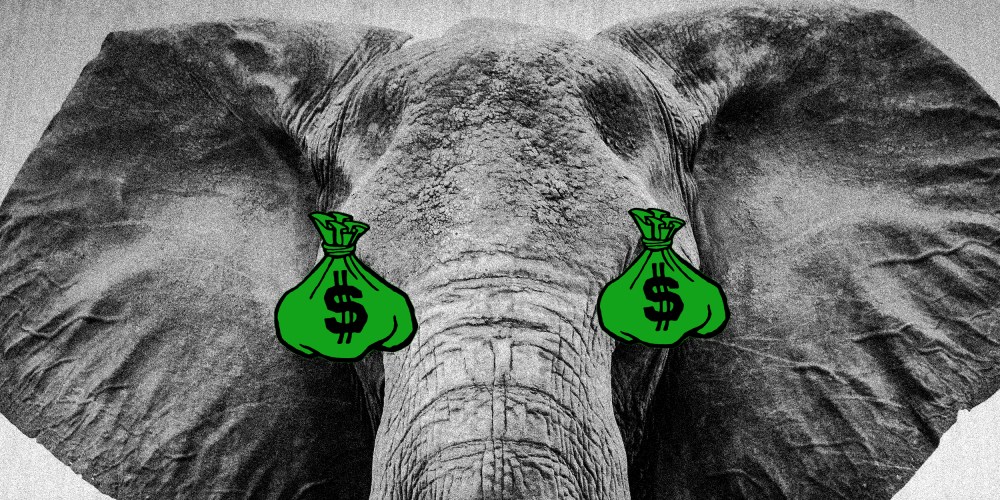If you’d asked me, say, five years ago what the Republican Party’s economic ideology was, I’d have boiled it down to something like “Government interference in free market capitalism is a hindrance to liberty and growth — and potentially a gateway to socialism.”
At this point, however, I regret to inform you that I have no idea what the party is thinking, because Republican elites now treat the free market like a tragic casualty of the culture war. In place of a coherent message is a garbled mess of contradictory beliefs: Corporate taxes should remain low; government should strip corporations of their tax benefits as political punishment; corporate money is free speech; boycotting and shaming corporations over their “cancel culture”-fueled choices is good; corporations’ boycotting states for passing laws is bad; raising any taxes to pay for infrastructure is creeping socialism; antitrust laws should be enforced — but only against “woke” corporations.
In essence, even as the GOP is quadrupling down on social conservativism, it can no longer credibly call itself fiscally conservative — unless it’s in the pursuit of the culture war its members are counting on for the party’s survival.
I’ve been trying to piece together a coherent narrative/ideology from the GOP’s current “anti-corporate taxes but also anti-‘woke’ corporations” stance and this is the best I could come up with pic.twitter.com/0SIZeTSLNo
— Hayes Brown (@HayesBrown) April 6, 2021
After voting as a bloc against President Joe Biden’s Covid-19 relief bill, congressional Republicans are gearing up to oppose the White House’s infrastructure proposal. The GOP knows that it can’t allow another big, popular win for Biden, so they’re hammering at the price tag in hope of erasing the president’s bipartisan support.
This is familiar territory for most Republican vets, including Senate Minority Leader Mitch McConnell of Kentucky, who called the plan “a Trojan horse” last Wednesday. “It’s called infrastructure, but inside the Trojan horse it’s going to be more borrowed money and massive tax increases on all the productive parts of our economy,” McConnell said.
His bit about “tax increases” is aimed squarely at the corporate tax hike that the Biden administration wants to use to pay for the plan. But it’s hard to take the GOP seriously on that front, for reasons of its own making.

President Donald Trump’s years in office were spent racking up deficits, as neither he nor the Republicans in control of Congress for the first half of his term really seemed all that interested in balancing the budget. As I predicted, the second Biden was sworn in, the GOP remembered that it hates deficits.
It’s a disconnect that “Fox News Sunday” host Chris Wallace pointed out during an interview with Sen. Roy Blunt, R-Mo. “When I hear, for instance, Mitch McConnell talking now about ‘well, debt and deficits,’ hasn’t the Republican Party, haven’t you, lost your credibility on this issue?” Wallace asked.
Republican elites now treat the free market like a tragic casualty of the culture war.
Blunt said no, but his colleagues haven’t exactly helped him out with principled arguments — and that includes McConnell.
You see, the GOP’s front in the culture war is being fought against the corporations that Biden is allegedly a crypto-socialist for attacking. Delta Airlines, Georgia’s biggest private employer, came out against the state’s recently passed election law. So did Coca-Cola, another corporate titan based in Atlanta. Major League Baseball, normally the most conservative of pro sports leagues, pulled the All-Star Game out of Georgia in response to the law’s passage. A similar legislative effort by Texas Republicans drew rebukes from Dell and American Airlines.

These and other “woke” companies have given too much ground to the liberal outrage mob in conservatives’ eyes. In response, Georgia legislators voted to strip Delta of a tax break on jet fuel as punishment. (The state Senate didn’t pass the bill before it adjourned for the year last week.)












